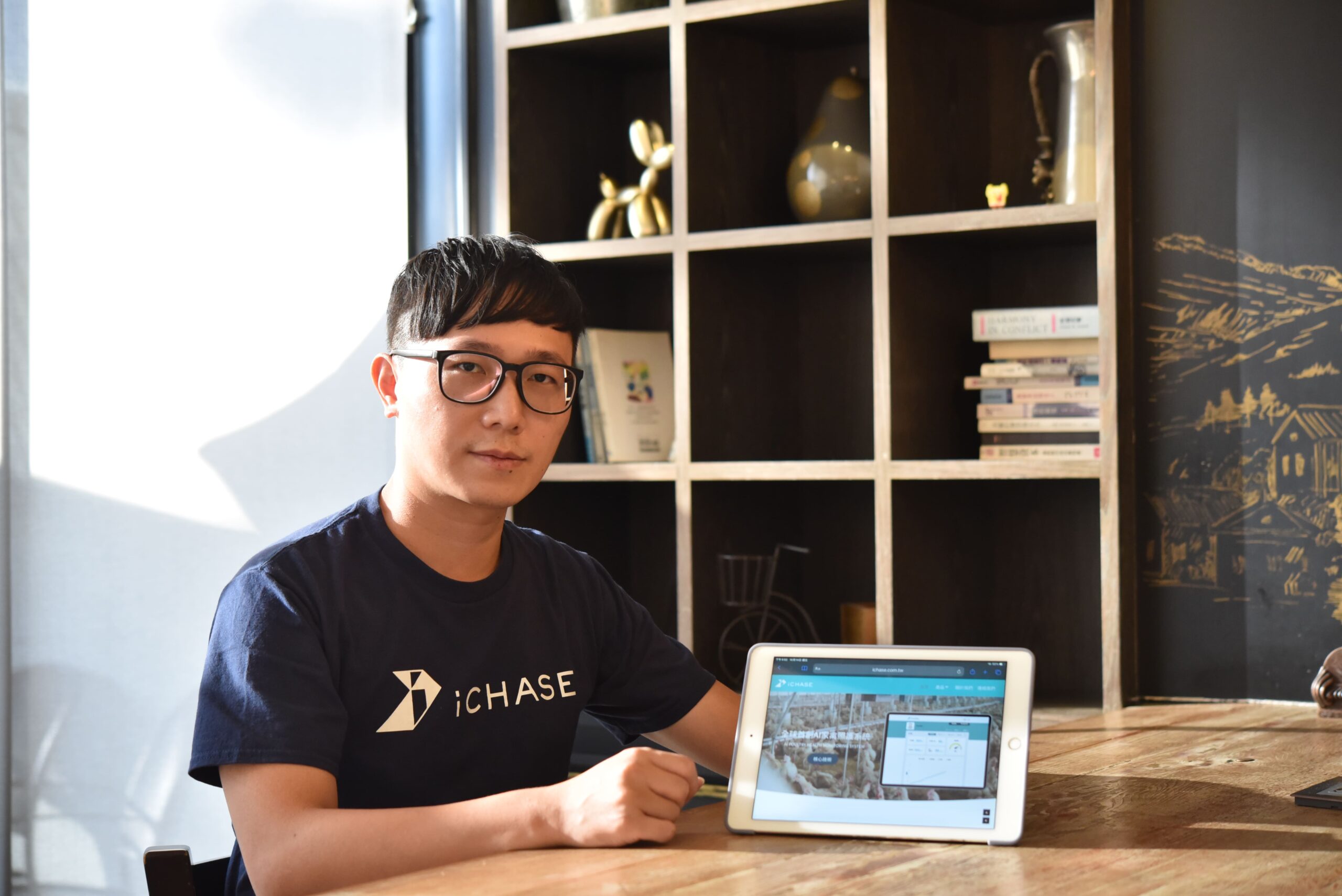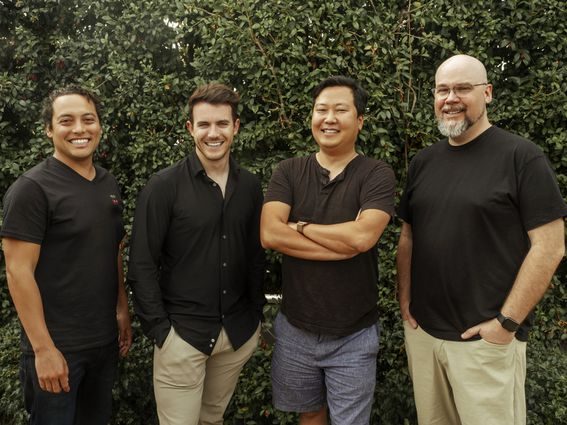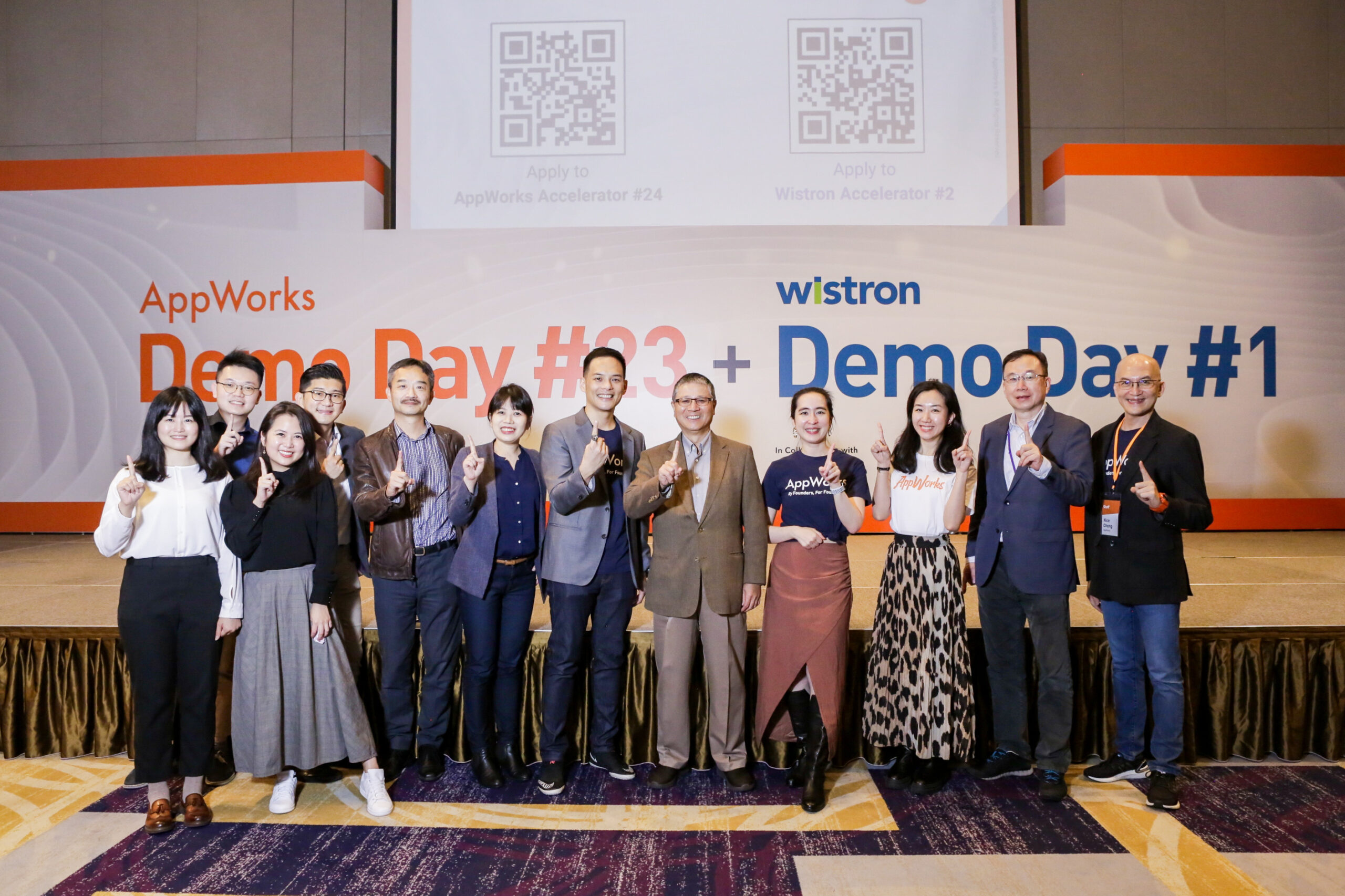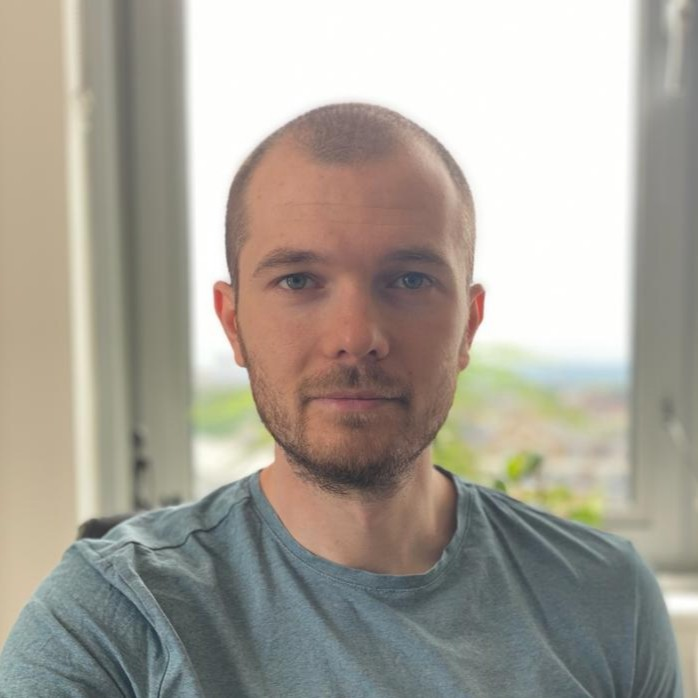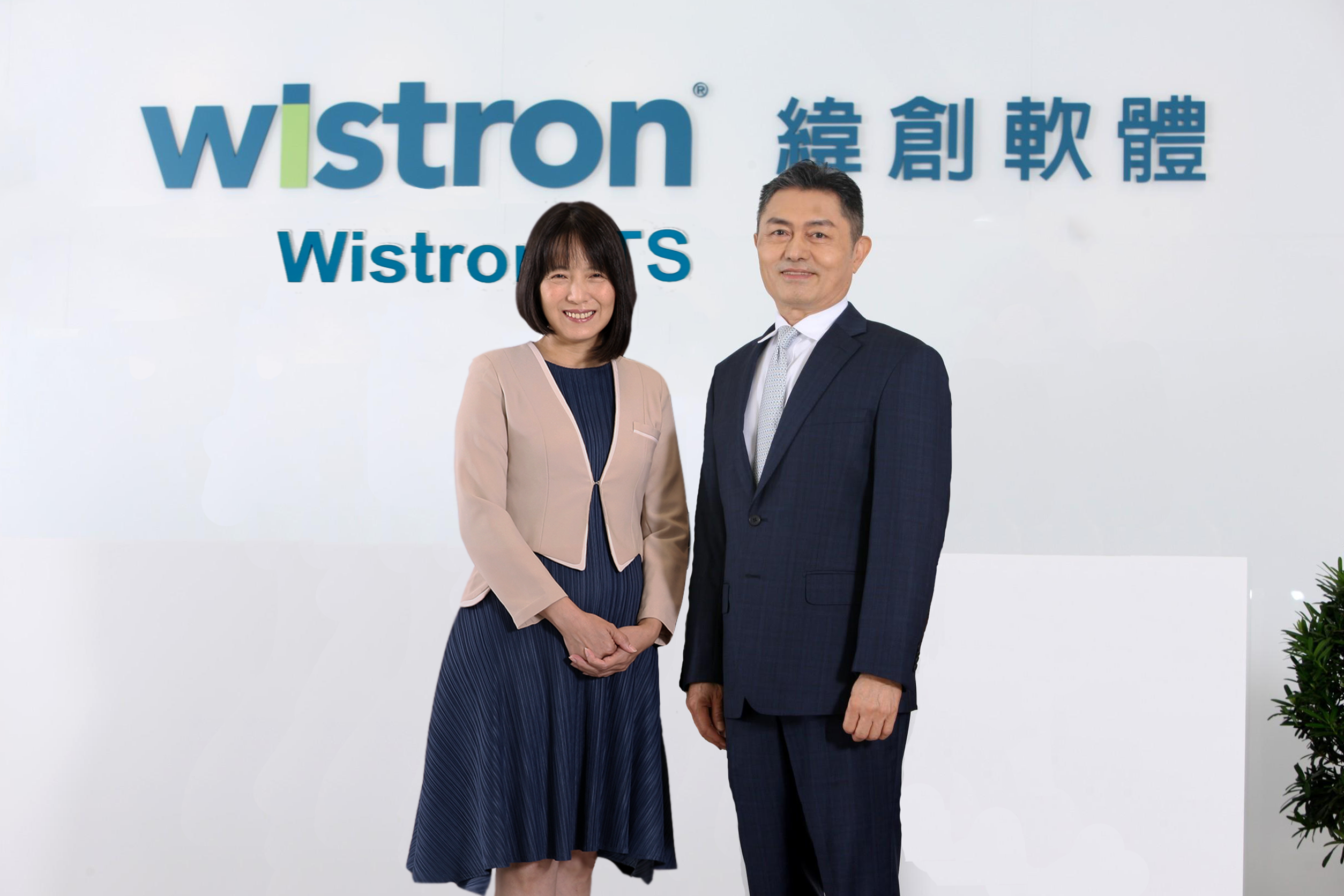
Antony Lee, Communications Master (李欣岳 / 媒體公關總監)
負責媒體與社群溝通相關輔導。加入 AppWorks 前有 18 年媒體經驗,是台灣第一批主跑網路產業的記者,先後任職《數位時代》副總編輯、《Cheers 快樂工作人》資深主編、SmartM 網站總編輯。畢業於交大管科系,長期關注媒體產業變化,熱愛閱讀商業與科技趨勢、企業與人物故事,樂於與人交流分享,期許自己當個「Internet 傳教士」。
在硬體製造業長期居於主流地位的台灣,1992 年成立至今剛滿 30 歲的緯創軟體 (Winstron ITS),是難得的軟實力亮點。緯創軟體是台灣少數的上市櫃資訊服務公司,在企業積極數位轉型,但資工人才短缺日益嚴重、軟體開發必須透過外包來加速完成的大趨勢下,自 2018 年起,連續 5 年繳出 EPS 超過 5 元以上的成績。多年來,緯創軟體也持續拓展海外市場,至今海外營收占比已超過八成。在台灣、中國大陸、日本以及美國四大市場,已達到 17 個交付據點,服務來自超過 150 個城市的企業客戶,在台灣與中國大陸兩大市場的穩健基礎下,近年則積極拓展日本、北美與東南亞客戶。
在各種由軟體驅動創新技術、應用、商業模式加速出現的浪潮中,緯創軟體也積極擴大與潛力新創的合作。AppWorks 特別專訪 Ching 蕭清志 (緯創軟體董事長暨執行長),以及負責與新創合作專案的 Ling-Fen 陳玲芬 (緯創軟體董事長暨執行長特助),分享對緯創軟體所處產業變化的洞察、與新創合作的經驗,以及在參加 Wistron Accelerator 緯創垂直加速器與新創的交流過程中,對於創業者的觀察以及收穫,以下是重點整理:
Q: 緯創軟體身為台灣領先的軟體公司,又出身自緯創集團,長期而言,有哪些發展策略與經營使命,與緯創之間的關係為何?
Ching: 緯創軟體是獨立的上市櫃公司,有自己的股東結構,我們的管理團隊以及經營使命,主要考量是最大化股東、客戶、員工以及其他利害關係人的利益。
和緯創集團之間,我們的互動很健康,簡單說,就是兄弟登山、各自努力,即使要互相做生意,也都符合商務邏輯。我們主要專注在軟體服務,所以對於緯創的 IT 建設,通常都會參與,這不是因為緯創高層下命令,我們就能拿到這個生意,而是像服務所有客戶一樣,爭取各事業單位的認同。此外,對於緯創 CVC (企業創投) 的活動,或是與 AppWorks 合作的緯創加速器,我們一直都有參加,也很高興看到緯創與 Simon (緯創董事長林憲銘) 在這方面一直願意投資。
在長期的發展策略上,我們的服務可從三個構面來看。資訊技術服務構面是圍繞在軟體與數據的日常工作,包括軟體研發、設計、開發、測試、營運與維護,以及對數據做各種處理。我們具有全球交付的能力,採取跨區整合、全球交付的離岸開發模式,對客戶的服務可能在遠端、近端,也可能在客戶端或是我們這一端。另外,我們也提供業務流程委外服務 (Business Process Outsourcing,BPO) 以及產品全球化服務 (Product Glocalization Service,PGS)。
在產業應用構面,目前我們切入金融、製造、高科技、電信、新能源汽車、醫療等幾個我們看好的領域。
最後科技應用構面,我們鎖定主流技術,包括 AI、IoT、Big Data、Blockchain、5G 等,跟著市場和客戶一起去演化、演進,讓客戶在這些科技應用的需求上,都能由緯創軟體提供專業的服務。
與新創合作創造正向循環
Q: 早在 2011 年,Marc Andreessen 就曾提出 “Software Is Eating the World”,軟體驅動科技創新早已是不可逆的趨勢。在緯創軟體所處的產業中,和三、五年前相比,有發現哪些重要的變化、趨勢正在發生?
Ching: 對我們來說,外部最大的改變,就是數據的範疇與含量比以前大幅增加。Internet 應用普及後,剛開始相關的數據,集中在使用者行為數據的搜集、觀察與分析,但我們看到,現在數據的應用範圍更廣,例如各種影像、語言、IoT 等數據。此外,我們也看到新興技術創新、發展與應用,變化越來越快,影響的範圍越來越廣。同時,因為疫情所帶來的轉變,讓 Work From Home 的工作型態更加普遍,這也呼應我們長期致力於提升全球交付能力的策略,在疫情後客戶的接受度更高,為我們帶來明顯的業務成長。
在這些變化的背後,人才是我們最關心的事情。2017 年,我為緯創軟體制定了 5 年發展藍圖 WITS 2.0,勉勵同仁們在人才、IT 建設、掌握主流技術等三大面向持續精進。在我們這個時代,軟體之於產業的發展,就如同糧食之於人類,重要性已非同小可,而我們所處、需要大量優秀人才的資訊服務業,人才就是最大的核心價值。所以我常提醒內部:「要把工程師當作寶貝,替員工加值、持續廣納人才。」2022 年,基於過去的成果,我再提出了 WITS 3.0 下一個 5 年發展藍圖,希望我們更要準確擬訂目標、推動數位創新、強化人才梯隊、落實永續經營等。
Q: 在這過程中,緯創軟體和哪些類型、規模和領域的新創會有合作機會?
Ling-Fen: 我們的策略在於嚴選優質客戶,以服務大企業客戶為主,與新創比較有系統、密切的接觸,是從參加緯創加速器開始。我們並沒有設限與哪個領域的新創合作,初步有兩個關注的方向,一個是與我們主流技術相符的新創,會是優先考慮的合作夥伴;另一個,則是以 SaaS 服務為商業模式的新創,這意味著新創未來的服務或發展方向,會與緯創軟體產生更大的綜效。
在這部分,緯創 CVC 以及 AppWorks 透過緯創加速器,幫我們媒合了很好的新創團隊進行合作。例如,在 2022 年 8 月啟動加速的第三屆團隊中,共有兩家新創與我們展開合作。一家是來自香港的 Super Chain,本身聚焦在 Big Data,同時運用 NLP,能夠透過數據分析,對銷售或市場需求進行預測,他們的專業與發展方向,和緯創軟體有一定程度的關聯,我們有提供一些專業知識、產業洞察上的協助,未來若有進一步的合作機會,我們也很樂意支持;另一家是台灣的 QTCOMM,做的東西比較特別,希望把台灣的統一發票機制應用到印尼,協助政府單位更有效率的徵稅,而 FinTech 是我們很重視的新領域。
此外,我們也會把在市場上觀察到具有潛力的新創,推薦給緯創 CVC。例如,我們在協助國際藥廠進行糖尿病的真實世界證據 (RWE) 數據分析過程中,注意到一家提供糖尿病照護平台並評估具有發展潛力的新創,我們很樂於推薦給 CVC 並協助進行技術鑑定與盡職調查。
具體來說,我們與新創的合作,包括商業輔導 (Business Mentoring),雙方在技術或商業模式上,可以共同討論與開發,若有機會也會一起開發業務或是成為潛在的投資機會,希望能因此創造正向的互動與循環。
Ching: 從另外一個角度來說明,我們有一個長期策略,是拓展未來深具發展潛力的領域。在幾個我們關注的新興主流科技領域,其實與新創差不多,對於運用軟體或數據來創造價值的新創,我們都會持續尋找各式合作機會。此外,日本、美國、東南亞是我們持續拓展的重要市場,我們也希望與經營這些市場的新創展開合作。
與潛力新創共同探索
Q: 緯創軟體如何定義深具發展潛力的領域以及新創?
Ching: 實際上,深具發展潛力的領域很多,我可列舉兩個。一個是新能源車,包括電動車、智能汽車等,這個趨勢很清楚,我們在中國大陸已經有超過 20 家以上的客戶來自這個領域,對我們來說,是很明顯且重要的未來市場。另一個則是健康醫療,這也是我們目前積極佈局的市場。
就新創的觀察,我覺得創業者往往會帶著一個很好的 Idea,去探索、挖掘、驗證很多有意思的機會,這是我們很重視的特質。因為我們的觸角一定有限,在某些利基領域,也未必能像創業者那麼敏銳,所以對於這樣的新創,我們會很有興趣與他們一同去探索各種可能,而不會只局限在經營大企業客戶。
Ling-Fen: 如何去識別新創有沒有發展潛力,其實我們也還在摸索中,沒有標準答案。但從我們的經驗,有一些顯而易見的觀察角度,例如,從新創的 Business Plan,可以了解想解決的問題、創造的價值,是否涵蓋了足夠大的市場規模;或是在技術上,是否足夠創新、具有獨佔性或是不可取代性。事實上,有很多不同的面向去綜合判斷。
Q: 在參與緯創加速器,或是其他與新創合作的過程中,對你們個人或是緯創軟體有哪些印象深刻的事情或 Takeaways?
Ling-Fen: 就我個人來說,這可分成創業者的領導魅力,以及用不同角度來看技術發展兩個部分。第一部分,實際參與和新創的交流後,我發現現在的創業者普遍非常年輕,我們甚至遇到只有 21 歲的創業者。他們未必已有很清楚的商業模式,也未必有很豐富的社會歷練,但他們普遍的共同特質,就是充滿理想性、很有抱負與夢想、不願輕言放棄,這些特質,讓這些創業者能夠號召一批夥伴與他們一起打拼,在他們身上學習到這種具有創業精神的領導魅力,對我來說是很好的收穫。
第二部分,我注意到大部分新創,儘管掌握了某個主流的關鍵技術,但不必然是從技術角度來切入市場,更多的是著眼於更利基、更前衛的應用場景。例如,我們看到一家新創運用 AI 技術去養雞,來確保同一個生長週期的雞隻都能長得一樣大,或是結合 IoT 技術來養蝦,透過檢測水質、溫度,以確保同批蝦子能養得健康。創業者能夠很快識別不同利基市場需求的能力,相當令人驚艷,對我們來說,這是日常工作或生活中未必能涉獵的場景,幫助我們用新角度去看待那些原本就已熟悉的關鍵技術。
Q: 對於想要申請加入緯創加速器,或是希望尋找與緯創軟體合作機會的創業者與新創,有哪些建議?
Ching: 對於與新創的各種合作機會,我們都抱持著開放態度,同樣的,我也建議新創在與企業合作時,能抱著更開放的心態。過去多年來,我們看到外界整體對於 IT 人才的需求快速增加,以及從中延伸出的外包趨勢非常巨大,我相信新創也會有同樣需求,應該更聚焦在核心競爭力的創新、想法和執行上,未來我們與新創的合作之間,應該會有更多新綜效出現。我們內部有一句話展現我們的價值觀:「以人為本,以客為尊。用 IT 技術為核心,與客戶一起成就美好世界。」不管是前面提到具有發展潛力的領域,或是在台灣、中國大陸這些我們已經很有很好基礎的市場,以及美國、日本、東南亞這些我們正在積極拓展的市場,我們都很期待與新創一起合作共同探索。
Ling-Fen: 在輔導新創的過程中,我們也發現,進入成長期的新創,往往要面對日常營運的柴米油鹽,創業者除了保持不斷學習的心態外,也要開始學習借力使力,將更多心力聚焦在核心競爭力上。透過更開放的合作關係,來共同解決所面對的問題,這也有助縮短新產品與服務的 Time to Market,我們目前幾個與新創合作成功的經驗,大部分都有這樣的發展脈絡,彼此互相加值,一起創造雙贏成果。
【歡迎所有 AI、物聯網、雲端、資安、教育與醫療科技的創業者,加入 Wistron Accelerator 申請】
